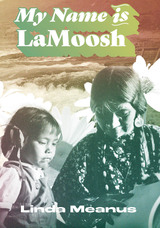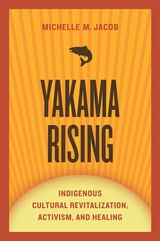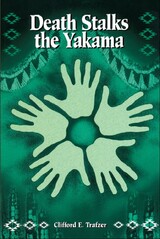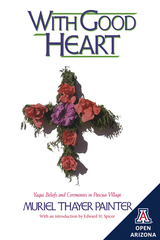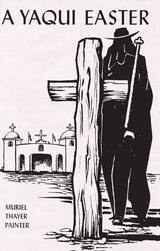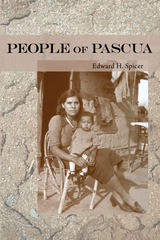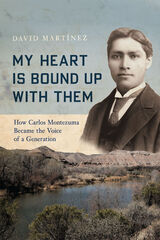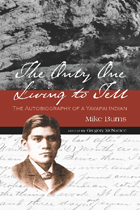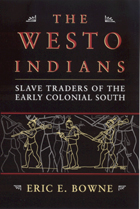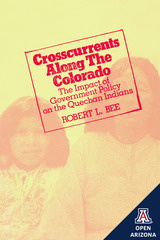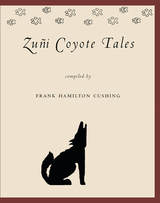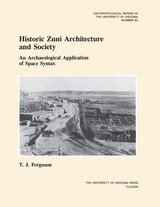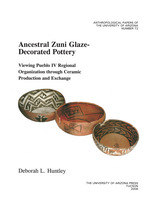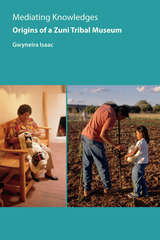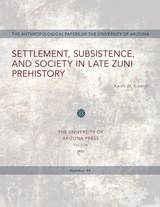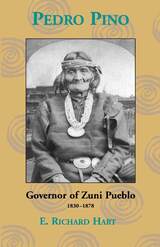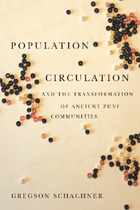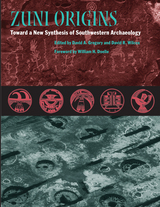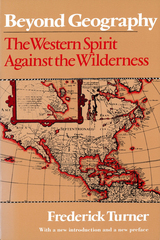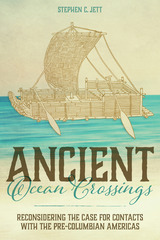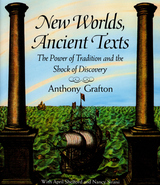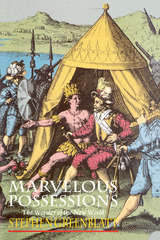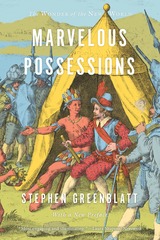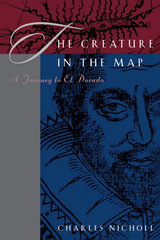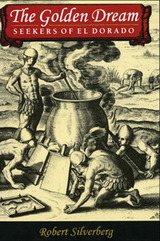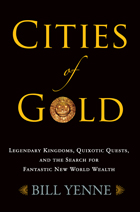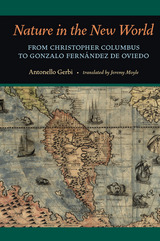Mediating Knowledges: Origins of a Zuni Tribal Museum
University of Arizona Press, 2007
Paper: 978-0-8165-3797-6 | Cloth: 978-0-8165-2623-9 | eISBN: 978-0-8165-4801-9
Library of Congress Classification E99.Z9I82 2007
Dewey Decimal Classification 978.900497994
Paper: 978-0-8165-3797-6 | Cloth: 978-0-8165-2623-9 | eISBN: 978-0-8165-4801-9
Library of Congress Classification E99.Z9I82 2007
Dewey Decimal Classification 978.900497994
ABOUT THIS BOOK | AUTHOR BIOGRAPHY | REVIEWS | TOC
ABOUT THIS BOOK
This book tells the story of the search by the Zuni people for a culturally relevant public institution to help them maintain their heritage for future generations. Using a theoretical perspective grounded in knowledge systems, it examines how Zunis developed the A:shiwi A:wan Museum and Heritage Center to mediate between Zuni and Anglo-American values of history and culture. By using in-depth interviews, previously inaccessible archival records, and extensive ethnographic observations, Gwyneira Isaac provides firsthand accounts of the Zunis and non-Zunis involved in the development of the museum.
These personal narratives provide insight into the diversity of perspectives found within the community, as well as tracing the ongoing negotiation of the relationship between Zuni and Anglo-American cultures. In particular, Isaac examines how Zunis, who transmit knowledge about their history through oral tradition and initiation into religious societies, must navigate the challenge of utilizing Anglo-American museum practices, which privilege technology that aids the circulation of knowledge beyond its original narrators.
This book provides a much-needed contemporary ethnography of a Pueblo community recognized for its restrictive approach to outside observers. The complex interactions between Zunis and anthropologists explored here, however, reveal not only Puebloan but also Anglo-American attitudes toward secrecy and the control of knowledge.
These personal narratives provide insight into the diversity of perspectives found within the community, as well as tracing the ongoing negotiation of the relationship between Zuni and Anglo-American cultures. In particular, Isaac examines how Zunis, who transmit knowledge about their history through oral tradition and initiation into religious societies, must navigate the challenge of utilizing Anglo-American museum practices, which privilege technology that aids the circulation of knowledge beyond its original narrators.
This book provides a much-needed contemporary ethnography of a Pueblo community recognized for its restrictive approach to outside observers. The complex interactions between Zunis and anthropologists explored here, however, reveal not only Puebloan but also Anglo-American attitudes toward secrecy and the control of knowledge.
See other books on: Information policy | Museums | New Mexico | Origins | Zuni Indians
See other titles from University of Arizona Press

